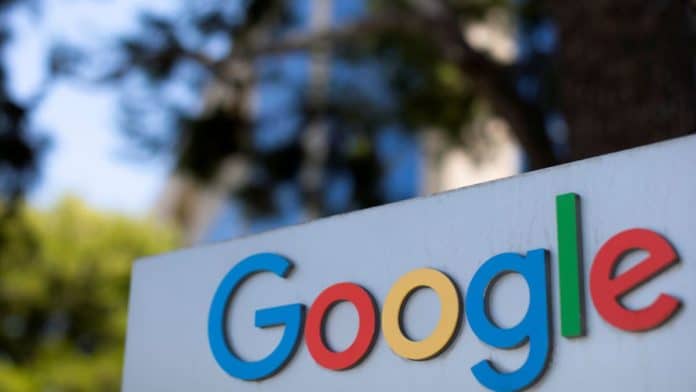Texas attorney general (AG) Ken Paxton on Thursday filed a privacy lawsuit against Alphabet’s Google for allegedly collecting and using biometric data through the search giant’s home devices without obtaining the explicit consent of Texas residents.
The lawsuit, which was filed on Thursday in Midland County District Court, accuses Google of indiscriminate collection of millions of Texans’ biometric data, including voice prints and records of face geometry through their home products like Google Photos, Google Nest, and Google Assistant.
It says that Google has violated the state’s biometric privacy act (aka the Capture or Use of Biometric Identifier Act) introduced in 2009 that regulates “biometric identifiers,” which is defined as a “retina or iris scan, fingerprint, voiceprint, or record of hand or face geometry.”
The law bans people from capturing biometric identifiers for commercial purposes unless the person informs the individual before capturing the biometric identifier; and receives the individual’s consent to capture the biometric identifier.
Texas is looking for civil penalties of up to $25,000 for each violation of the Capture and Use of Biometric Data Act.
“For more than a decade, Texas has prohibited companies from capturing Texans’ biometric data—including the unique characteristics of an individual’s face and voice—without their informed, advance consent,” the petition reads.
“In blatant defiance of that law, Google has, since at least 2015, collected biometric data from innumerable Texans and used their faces and their voices to serve Google’s commercial ends. Indeed, all across the state, everyday Texans have become unwitting cash cows being milked by Google for profits.”
Defending Google’s products, the company’s spokesperson Jose Castaneda said it would fight the lawsuit, saying that users of the services had the choice to deactivate the biometric collection feature.
For instance, in Google Photos, the company uses facial recognition technology to scan uploaded images and group similar faces, which is only available to the individual user and can be turned off at any time.
Castaneda said that the company does not use photos or videos in Google Photos for advertising purposes.
“The same is true for Voice Match and Face Match on Nest Hub Max, which are off-by-default features that give users the option to let Google Assistant recognize their voice or face to show their information,” Castaneda added.
“AG Paxton is once again mischaracterizing our products in another breathless lawsuit. We will set the record straight in court.”
Google has multiple lawsuits against it in Texas, which include two other consumer protection cases and an antitrust case targeting the search giant’s alleged anticompetitive practices in online advertising.

